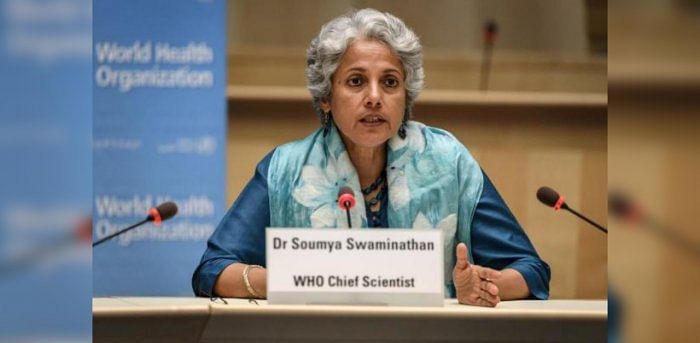
Climate change and anti-microbial resistance to drugs are major threats to humanity, World Health Organisation’s Deputy Director General (Programmes) and Chief Scientist Dr Soumya Swaminathan stressed on Friday.
She was addressing a gathering during the 10th annual convocation of Nitte (Deemed to be University) organised online.
‘Grim milestone’
She said, “We are achieving a grim milestone this week as Covid-19 confirmed cases crosses over 32 million and over a million deaths. This is just a tip of the iceberg as there are probably ten times more existing cases that have gone undetected and probably many more deaths.”
“By deforestation, by urbanisation, we are encouraging species to come together, which normally may not come close, and resulting in jumping of the virus from the animal kingdom to the human world. Illegal trade of wildlife also plays a role in zoonotic diseases with wild animals getting exposed to domesticated animals and humans, thus resulting in the easy transmission of the virus,” she said.
WHO is still investigating the origins of SARS-CoV-2, which is believed to have originated from bats.
“WHO is working with International Organisation for Animal Health for promoting the concept of one health to prevent future pandemics and to address the issue of antimicrobial resistance,” she added.
She said the pandemic proved to be a learning opportunity to improve and strengthen public health systems across the world.
The Covid-19 pandemic has taught us on knowledge sharing, rapid dissemination of data and technology among various countries of the world, which help in understanding the virus at a faster pace, she said.
Dr Swaminathan said that wearing a mask should be considered as a public health measure.
The need of the hour is building scientific capacity and ensuring collaboration of scientific agencies and institutions across the world.
Pro-Chancellor Dr Shantharam Shetty presided and Chancellor N Vinay Hegde in his virtual message said that the university campus is committed to safe learning amid the pandemic.